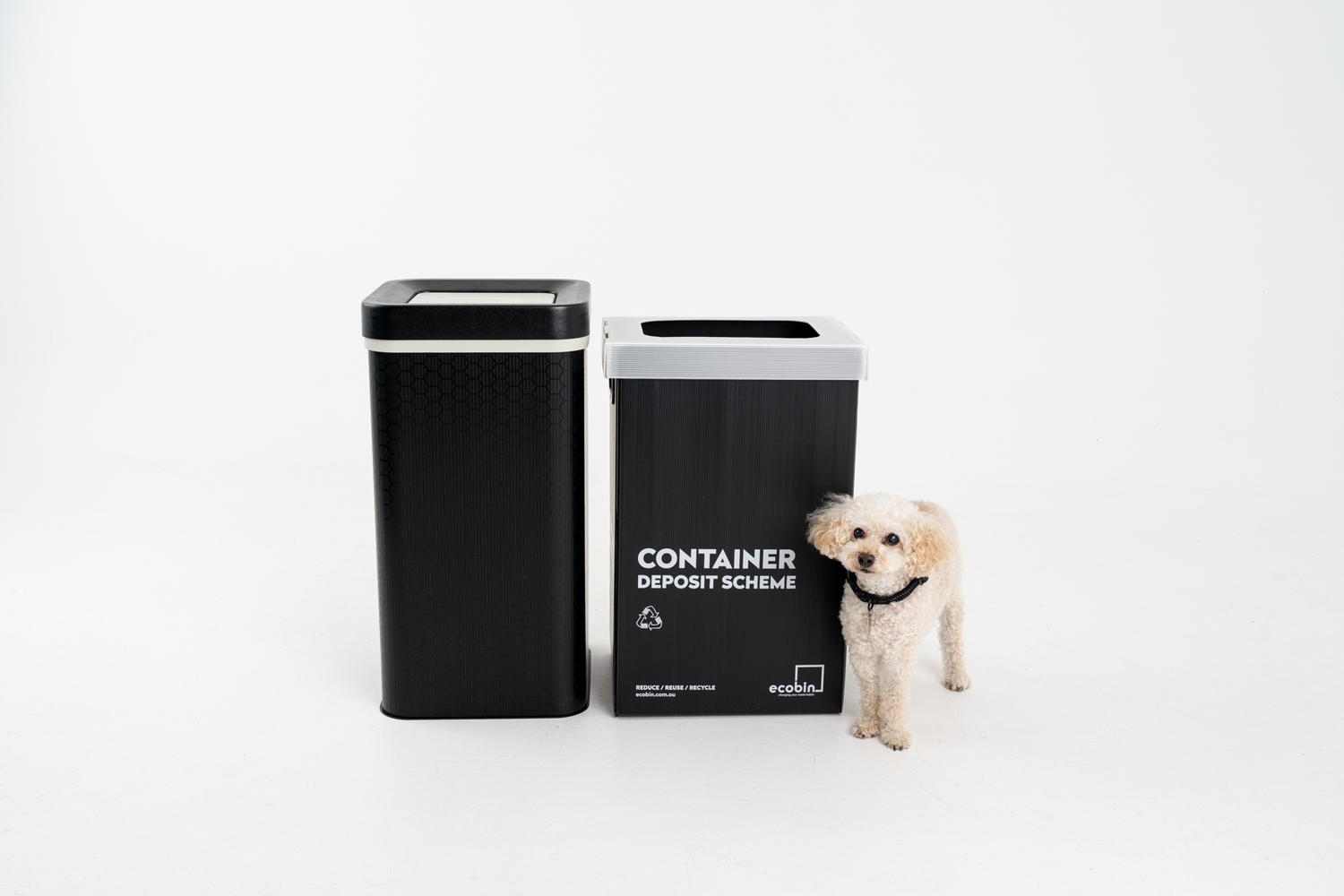Is your company wishing to ‘go green’? Are you worrying about the perils of an increasingly vigilant public and the associated legal quagmire? We are an office recycling bin manufacturer and a subsidiary of a green cleaning company. We have a range of certified carbon neutral products. Here are some gems of wisdom on the legal traps that we’ve discovered on our own journey.
Most consumers have strong feelings about planet saving but shaky understanding of the dirty secret of the ‘clean, green’ market. This means that as business owners, we must be particularly vigilant about what we say about our products and services – not only for the sake of ethics and honesty, but for protection against the law and the hefty fines associated with misleading the consumers.
Vigilant Public Policing
Statistics say that the consumer is likely to smile with satisfaction when selecting green products and services, thinking no further than the slathered fluffy words. “There are laws to make sure companies tell the truth – right?” Who can blame them?
But blissful ignorance is dissipating. In Australia movements like the ‘Tougher Eco-Labelling Laws for Australia’ petition (http://www.thepetitionsite.com/1/tougher-eco-labelling-laws-for-australia/) and the interpretation of the Australian Consumer Act to catch green washers. So companies beware, the sting is building; eco-awareness heightens, consumers and law and policy makers are dripping righteous venom, poised to strike.
Consumer Rebellion: Proactive Public
Consumers and genuine eco-businesses simply don’t like the ambiguities and cowboy labelers. Consumers have staged an international bureaucratic rebellion and green washing is far less prevalent than it was ten years ago. The industry is on the move and the companies need to be vigilant.
Another example of consumer action is the first independent review of Australia’s Environment Protection and Biodiversity Conservation Act (1999). The review concluded that the legislation is repetitive, unnecessarily complex and overly prescriptive. There is a long way to go, but consumers are driving the change and no company should feel safe from the dangers of indulging in green washing.
Independent organisations are also taking responsibility for environmental conscience of the nation. Good Environmental Choice Australia (GECA) http://www.geca.org.au/ is an independent, not-for-profit organisation that runs the internationally recognised Environmental Choice Australia Ecolabelling Program.
The GECA has drafted a revised standard for certifying environmentally preferable cleaning products. The document is called Cleaning Products 2012 and pertains to:
- General Surface Cleaners
- Sanitary Cleaners
- Laundry Detergents
- Hand Dishwashing Detergents
The revised standard is currently open for public comment, giving individuals, businesses and any other interested party the opportunity to contribute to the improvement of green cleaning industry standards.
The Letter of the Law
Despite the glaring lack of explicit law on eco-labeling standards, companies are being held to account for green washing through the general consumer laws. The law in Australia that most impacts business’ green claims is the Australian Consumer Law (ACL). It is a schedule to the Competition and Consumer Act 2010.
To be safe from the law our green claims must be truthful and scientifically sound, with data readily accessible for public scrutiny. This is because the ACL says consumers are entitled to rely on any claims we make.
Legalese and Puffery:
What the Australian Consumer Act basically says: Businesses mustn’t mislead or deceive consumers.
Intent: it doesn’t matter if you never meant to mislead. If the overall impression is likely to mislead the consumer you are culpable. So make sure your wording and icons are not ambiguous or misleading.
Silence: misleading conduct can include silence where there is a reasonable expectation that matters will be disclosed; e.g. ‘made from recycled material’ where only a part of the product is recycled.
Puffery: the law shows leniency when statements are mere puffery; reasonable consumers know generalised exaggeration occurs in advertising; e.g. ‘the world’s best cleaner’ would likely be mere puffery. But exercise extreme caution.
Unqualified statements: are apt to illegally mislead, environmental benefits must be quantifiable with easily accessible data.
Real benefit: if claims are irrelevant, insignificant or simply advertise existing law then they are not a genuine benefit and are potentially illegal; i.e. ‘CFC free’ when competing products are also CFC by law.
Images: a picture of a dolphin on a tuna product may be reasonably taken by consumers as a symbol to mean dolphins are not harmed.
Penalties and court action: the ACCC, consumers and competitors can take legal action for misleading conduct. The business/person responsible for the claim can be sued for damages.
The ACCC’s enforcement powers and remedies are extensive:
- $1.1 million for companies
- $220 000 for individuals
- community service orders
- disqualification orders
- injunctions
- adverse publicity orders
- corrective advertising orders
